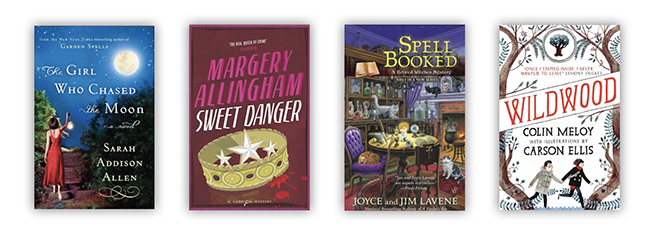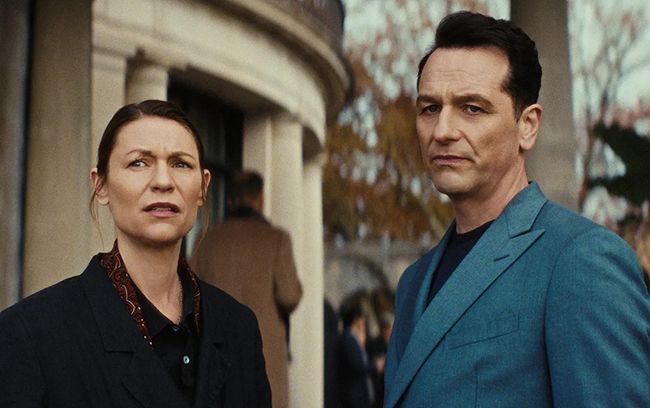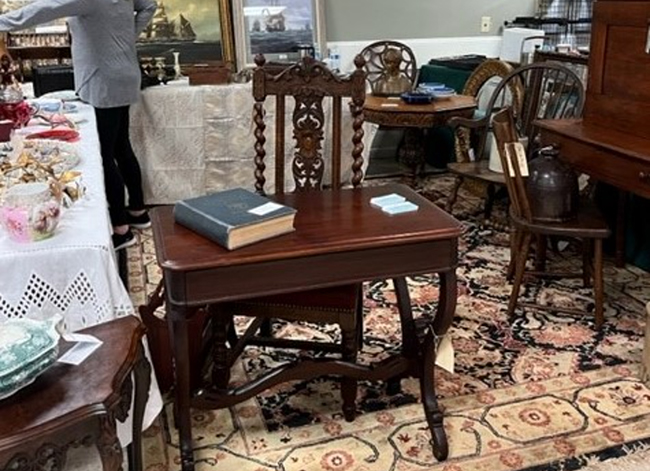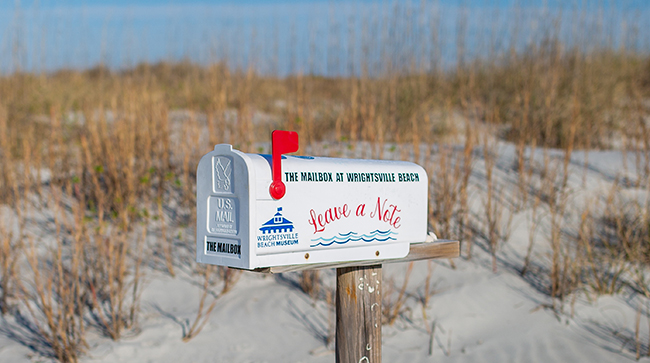Memorable Memoirs
07 May 2018
Everyone’s life makes for an interesting story. Some people are better at telling theirs than others. Here’s an eclectic mix of memoirs suggested by our staff.

Lipstick Jihad: A Memoir of Growing Up Iranian in America and American in Iran by Azadeh Moaveni
Azadeh Moaveni grew up in California but never felt that she was truly American. As an adult, she jumped at the chance to work as a reporter for Time magazine in Tehran. What she found in Tehran was unexpected. “Lipstick Jihad” is about a woman’s struggle to find herself. It is also about Iran’s struggle. Moaveni gives the reader a nuanced portrait of modern Iran – a country most of us know too little about. “Lipstick Jihad” is an engaging read, and it will surprise you.
―Julie Ellis
A Tokyo Romance: A Memoir by Ian Buruma
Ian Buruma was looking for an escape from his bourgeois upbringing in The Hague, and he found it in the Tokyo of the 1970s. Arriving with a film school scholarship, he takes us inside the world of Japanese experimental theater and film with its unique cast of characters. Although the war has been over for almost 30 years, its impact is reflected in both the cityscapes of Japan and the psyches of the people he encounters. Buruma would always remain an outsider during his time in Japan, but his immersion in the culture and language, and his love for the people, gives him a unique perspective on the culture that he shares in this compelling and sometimes shocking account.
―Allison Thiessen
Dispatches from Pluto: Lost and Found in the Mississippi Delta
by Richard Grant
Richard Grant, a nomadic British journalist writing and roaming his way through North America, makes a snap decision to purchase an old plantation house in “the poorest county in America’s poorest state.” The story that follows paints an intriguing portrait of life in one of the most unique places in the U.S, replete with first hunting trips, battles with invading cottonmouths and armadillos, and the colorful locals, lovingly painted in all of their complex and bizarre glory. Most intriguing is the outsider’s perspective on race relations in the South; watching the subtle dance between black and white neighbors who obviously love one another as family but are barred from full expression by an unspoken and unwritten code, is both fascinating and heartbreaking.
―Sarah Cameron
Rabbit: The Autobiography of Ms. Pat by Patricia Williams
Patricia Williams is a famous comedienne, known as Ms. Pat. Her upbringing was a hard one, and her story is one of resilience. She was born in the South to a torn family in the midst of the crack epidemic. She had her first child at 14 and her second child at 15. Rabbit was her drug dealing street name. She tells her story with humor and unflinching honesty.
―Lisa Gieskes
The Water Is Wide: A Memoir by Pat Conroy
Renowned South Carolina author Pat Conroy’s second book, published in 1972, is a lightly fictionalized memoir of his time as a young teacher on Daufuskie Island (called Yamacraw in the book.) In the late 1960s, the children of Daufuskie were impoverished and isolated, but steeped in Gullah culture and language. Conroy paints a vivid picture of the island, its people, and his own naiveté and passion for teaching. Readers will find both a window into a vanished world and a scorching condemnation of an education system failing to serve the rural poor.
―Sara Shiver McBride
The Rules of the Tunnel: My Brief Period of Madness by Ned Zeman
Journalist Ned Zeman earns his keep by profiling celebrities, but now he has to use all of his reporting skills to fill in his own blanks. After years of struggling with something he at first won’t admit is clinical depression, Zeman finally agrees to undergo electroconvulsive therapy sessions. His doctor assures him he won’t feel anything except better. But Zeman goes on an amnesiac bend and can only remember by piecing together his unraveling relationships, one broken connection at a time. It’s a fascinating journey into a rare affliction, and Zeman highlights how his profession makes him both uniquely vulnerable to this condition and to getting out of it alive.
―Melanie Griffin













